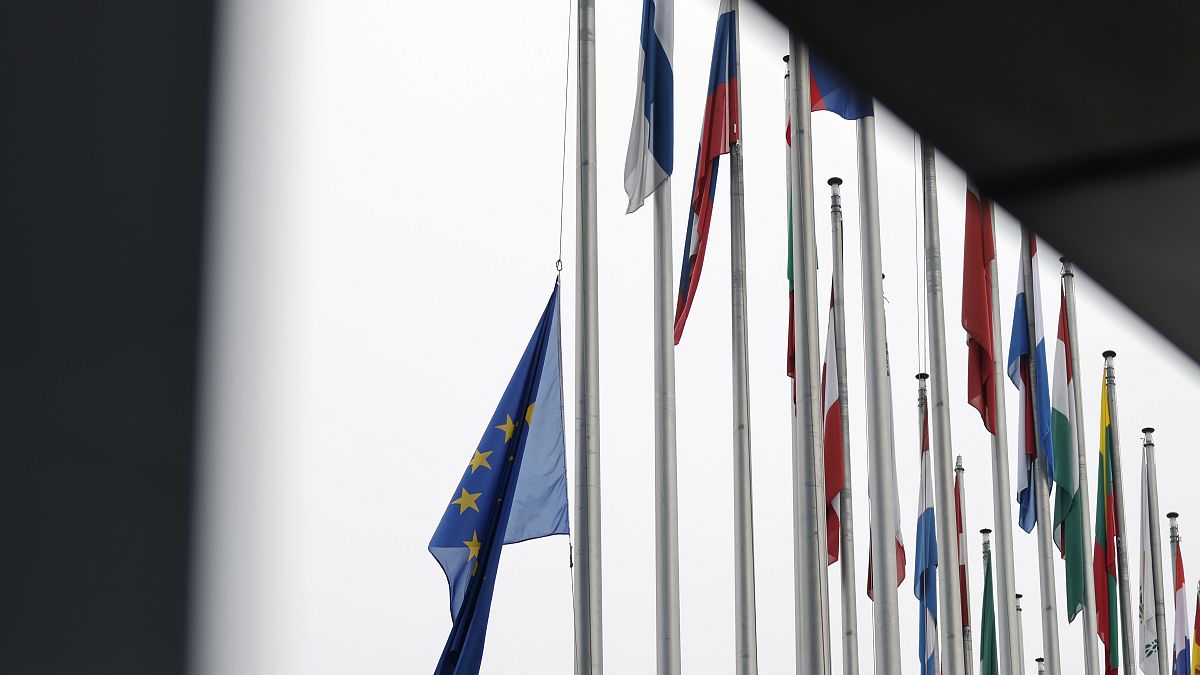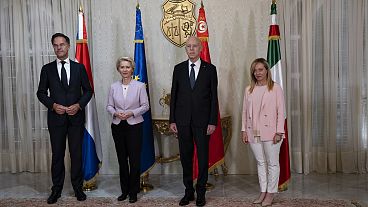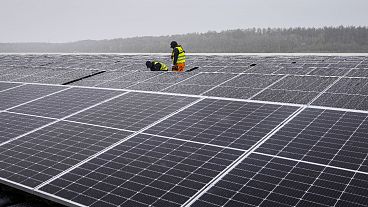Brussels is asking EU members for a €100 billion top-up for the next four years, but several countries have spotted €16 billion in unused funds.
Denmark and other countries have detected up to €16 billion in unallocated EU funding that Brussels did not seem to have taken into account when making a request to member states for an additional €100 billion for the next four years, the Financial Times reports.
“All of this makes clear that the Commission hasn't done its homework properly before asking for a whole lot of extra money and the member states are not happy about it,” an EU diplomat told the UK news outlet.
The European Commission has declined to comment.
The proposed €67 billion top-up to the bloc's 2021-27 long-term budget, plus €33 billion in loans, is one of the most controversial issues between member countries as leaders gather for the EU summit in Brussels on Thursday and Friday.
Half of the Commission's top-up request - €17 billion in grants and €33 billion in loans - is aimed at supporting Ukraine for the next four years. There is close to unanimous agreement among EU governments on this portion of the funds.
But many capitals have rejected the bloc's demands for the other €50 billion to cover funding needs, such as higher than expected interest payments on the EU's joint borrowing for the €800 billion pandemic recovery plan.
Member states argue that national budgets are under extreme pressure. As such, they asked Brussels to find internal savings or unspent cash, which Copenhagen and others have also researched - and found - themselves.



